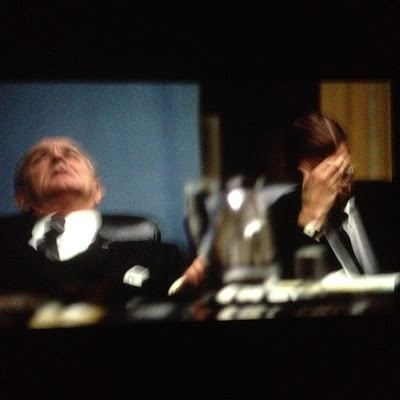One very recent development that my friend was wondering about was the death of singer/songwriter John Prine. Terry was not so much surprised or alarmed at the death of the low-profile, though legendary, songwriter, because death happens to each one of us eventually anyway.
What perplexed my old singing buddy was how the obituary had captured the attention of the mainstream media.
“Mainstream media”. . . I hesitate to use that term, because, in our lifetime, the popular understanding of that term has changed.
When we growing up in the 1950’s-60’s etc. . .the mainstream media was thought to be, generally, the big three TV networks—CBS, NBC, ABC, along with the big heavyweights in print, the Times, the Post, the Journal etcetera etcetera.
As our lifetime got played out, the internet eventually eclipsed those old-school news sources. Replacing the former “mainstream media”, along came the heavyhitters that we all know today: Google, Facebook, etc etc, accompanied by a select few quasi-traditional TV networks—CNN, MSNBC, Fox, and of course the big kid on the blog for wonky elites, progressives and Democrats—NPR.
So last week, suddenly John Prine tributes were all over NPR et al with wide-eared wonder at the obscure songwriter’s profundity and prolific legacy, even though ole John had never hit the big time.
The biggies pretty much ignored the singer while he was alive; but when he died, several of them were, for a few days, all about John Prine this and John Prine that.
My friend Terry was perplexed why there would be so much media stir about Prine when they had previously not paid much attention to him. In other words, what’s the big deal about John Prine dieing?
I was wondering the same. Over the last few days, I have pondered what could be the explanation for this development, and I have figured it out.
My theory is this:
John Prine was prophetic. His song, Paradise, represents a profound foretelling of an isolated event that became—because of Prine’s song—a symbol of our present worldwide irresponsible destruction of the natural world.
To employ an academic description: the industrial destruction of one specific site—Paradise, Kentucky— is a microcosm; it represents on a small scale what later happened (and had been already happening) in a worldwide plundering of natural resources at the terrible expense of our naturally beautiful planet.
What intensified the significance of the Muhlenberg County destruction was this fact: “Mr. Peabody’s coal train (that) hauled it away” was rapaciously extracting vast shovel-fulls of COAL, which has become the #1 villain on the Unwanted List of climate change alarmists.
Last week, in the wake of John Prine’s demise, many progressive commentators in the NPR et al vein of mainstream media suddenly realized—because of their youthful listening to Prine—the prophetic significance of this one song. So they began to talk it up.
As far as the song goes . . . it is a historic, lamenting composition. . . in my opinion one of the great songs of the American folk legacy.
You are invited to listen to my rendering of the tune:
http://www.micahrowland.com/carey/PrineParadise.mp3
King of Soul

















